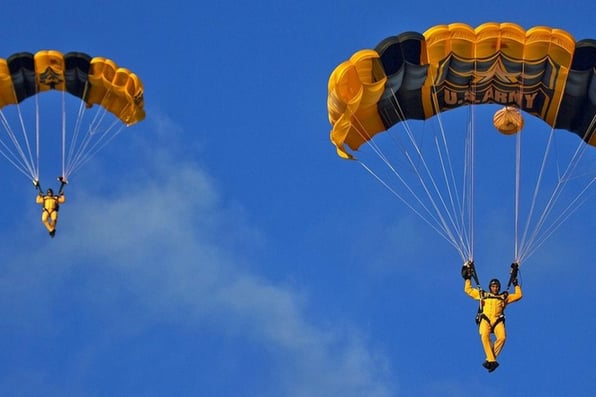
More Lessons! Science and Social Studies for Grades 3-5
We're excited to add many new Common Core-aligned science and social studies for grades 3, 4, and 5. These lessons align with existing Grade 6-12 science and social studies content for ten full levels of differentiation to meet your students at their individual levels of readiness.
Social Studies
Struggles of a New Nation: What should citizens do when they feel their government is not acting in their best interest? In these U.S. history lessons, students explore the reasoning of the Founders of the United States. View lessons >>
Electoral College: Should we continue to use the Electoral College as part of the process of electing a President in the United States? These lessons allow students to practice key discipline-specific vocabulary about elections as they build arguments about the value of the Electoral College. View lessons >>
Crime Prevention: What are the benefits and possible drawbacks of various approaches to crime prevention? These lessons feature paired texts to provide students an opportunity to make arguments for and against approaches to crime prevention. View lessons >>
Value: How do cultures assign value to goods and currencies? In these economics lessons, students learn about the history of currency and the relationship among different types of currency throughout time. View lessons >>
Science
Genetics: How has health care changed as a result of genetic research? These life science lessons give students an opportunity to practice key vocabulary about genetics. View lessons >>
Structure and Purpose: How do the unique structures of certain types of matter make them useful for specific purposes? Each of these lessons includes both a written and a visual text for students to analyze the structures of different types of material and how they relate to the purpose of that material. View lessons >>
Microorganisms: How do microorganisms in our environment impact our lives? In these lessons, students analyze both written and visual texts to understand how even tiny microorganisms can have big impacts in the world. View lessons >>
Energy Policy: Which energy policy would make the United States most environmentally friendly? These lessons provide students with an opportunity to cite evidence from texts to craft an argument about which energy policy the United States should pursue. View lessons >>

Claire has spent her career managing content creation of every possible sort, from print textbooks to marketing collateral to a travel blog. Having worked with major educational publishers and mobile companies, she brings project management and editorial expertise to her role at ThinkCERCA.
Claire has a degree in journalism from Northwestern University and a PMP certificate from the Project Management Institute.
